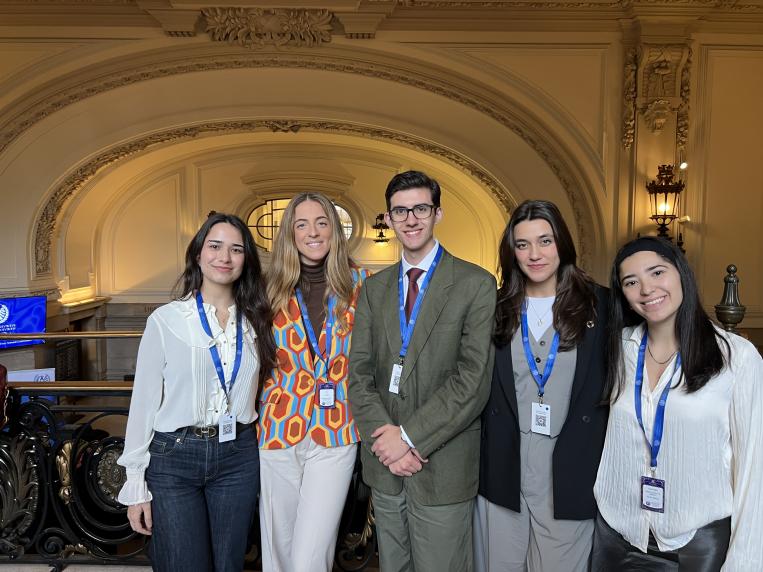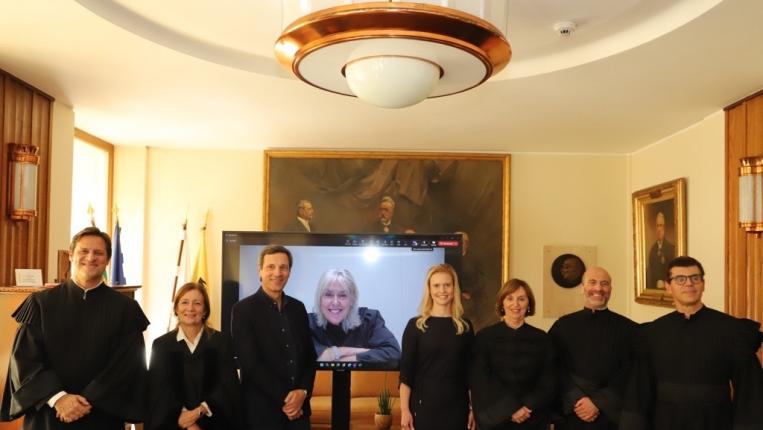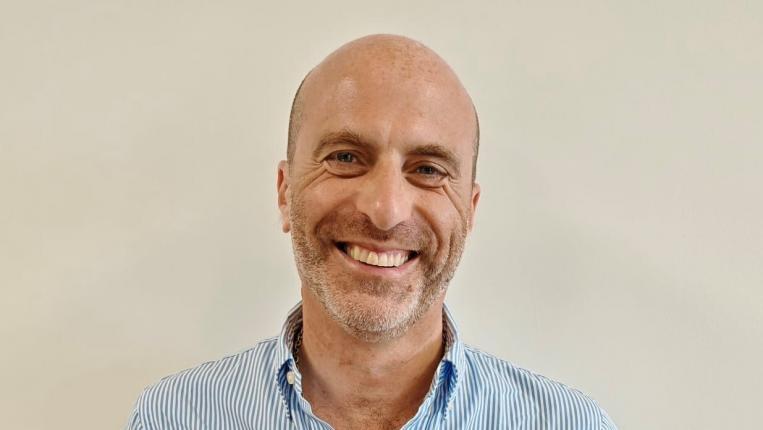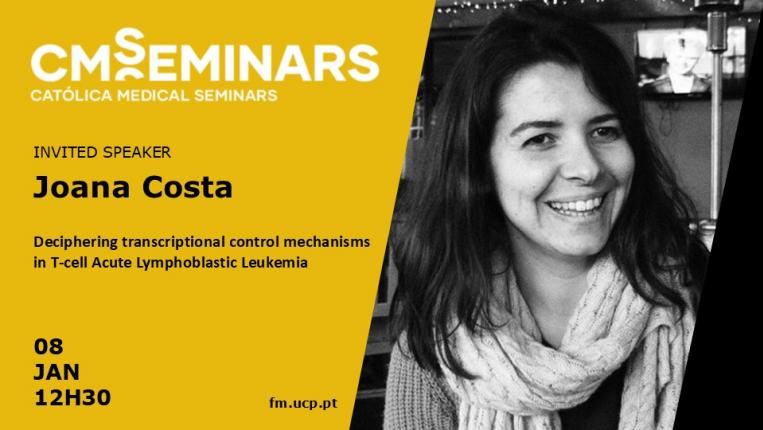From February 21st to 23rd, five students from Católica Medical School Beatriz Matias, Francisca Rosas, Francisco Afonso, Maria Gonçalves and Marta Miguel represented the Universidade Católica Portuguesa (UCP) at the London International Model United Nations (LIMUN) 2025, one of the largest and most prestigious MUN conferences in the world.

Held at King’s College London, LIMUN brought together over 1,200 students from top universities worldwide, creating a dynamic and intellectually stimulating environment. The conference began with an inspiring opening ceremony at Central Hall Westminster, the same historic venue where the first-ever United Nations General Assembly meeting took place in 1946—an unforgettable setting that reinforced the significance of global diplomacy.
Unlike the majority of participants, who came from backgrounds in international relations, law, and political science, the five Católica Medical School students stepped out of their comfort zones to engage in high-level discussions on global policy, diplomacy, and human rights. Representing different nations in the following committees:
• United Nations Human Rights Council (UNHRC)
• World Health Organization (WHO)
• African Union (AU)
• UN Women
• United Nations International Children’s Emergency Fund (UNICEF)
These future doctors took on the challenge of debating topics far beyond their usual medical studies, including prisoner rights, statelessness, gender equality policies, and international humanitarian aid. Their ability to analyze complex geopolitical issues, negotiate with delegates from around the world, and propose effective solutions was a testament to their adaptability and intellectual curiosity.
Participating in LIMUN was a transformative experience, allowing these medical students to expand their perspectives beyond healthcare and understand the broader political and social contexts that shape global health policies. The intense negotiations and challenging debates honed their skills in public speaking, critical thinking, and diplomacy, which are essential qualities for future leaders in global health and medicine.
A particularly proud moment for the delegation was the recognition of Francisco Afonso, who won the Most Improved Award for his exceptional performance representing Mexico in the UNHRC committee. His ability to adapt, learn, and effectively engage in negotiations was widely praised by both fellow delegates and the LIMUN organizing team.
The CMS Model WHO Society is committed to bridging the gap between medicine and global policymaking, preparing medical students to engage with international institutions, health diplomacy, and public policy. LIMUN 2025 proved that medical students have a valuable role to play in shaping the future of global health and human rights.



